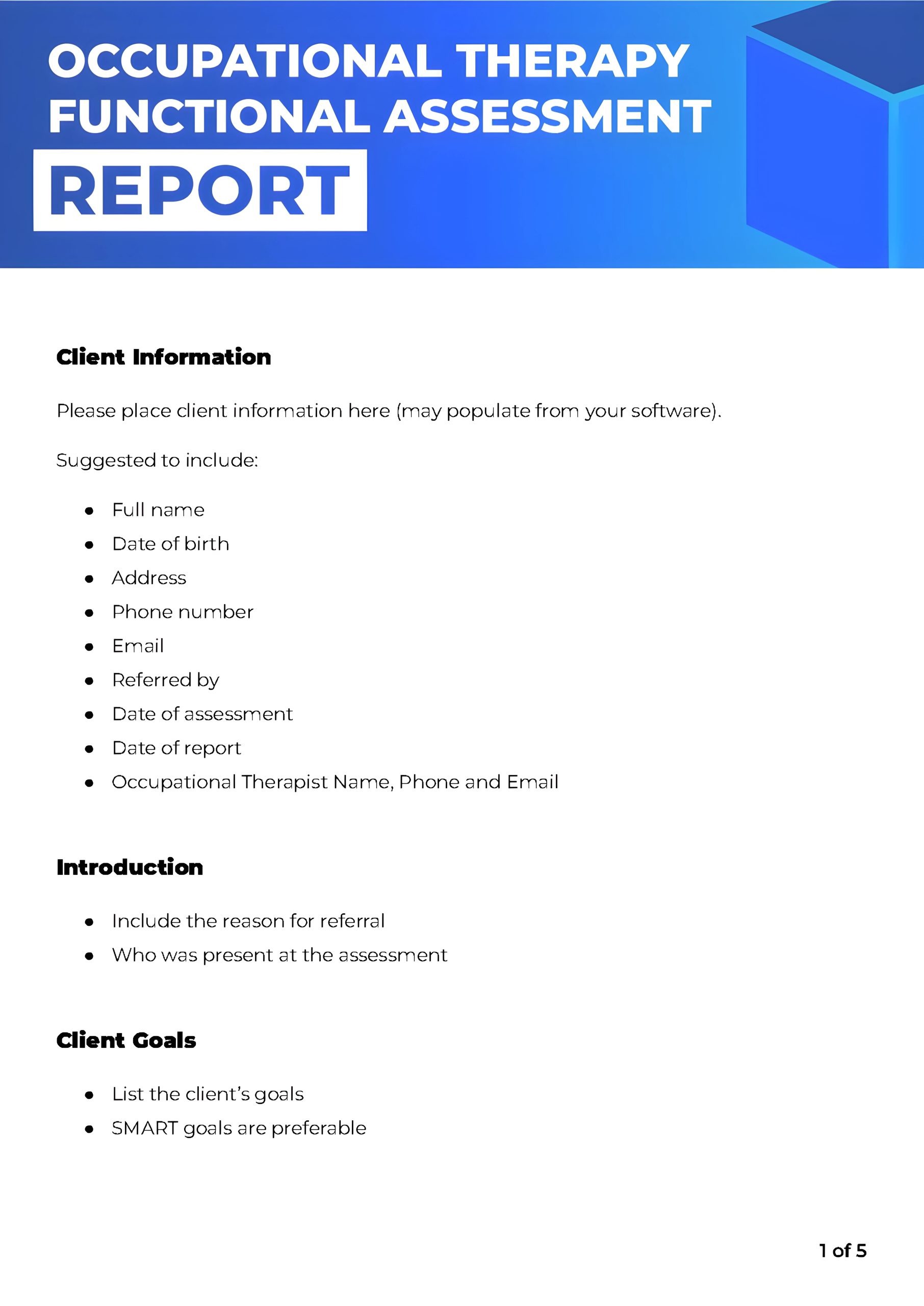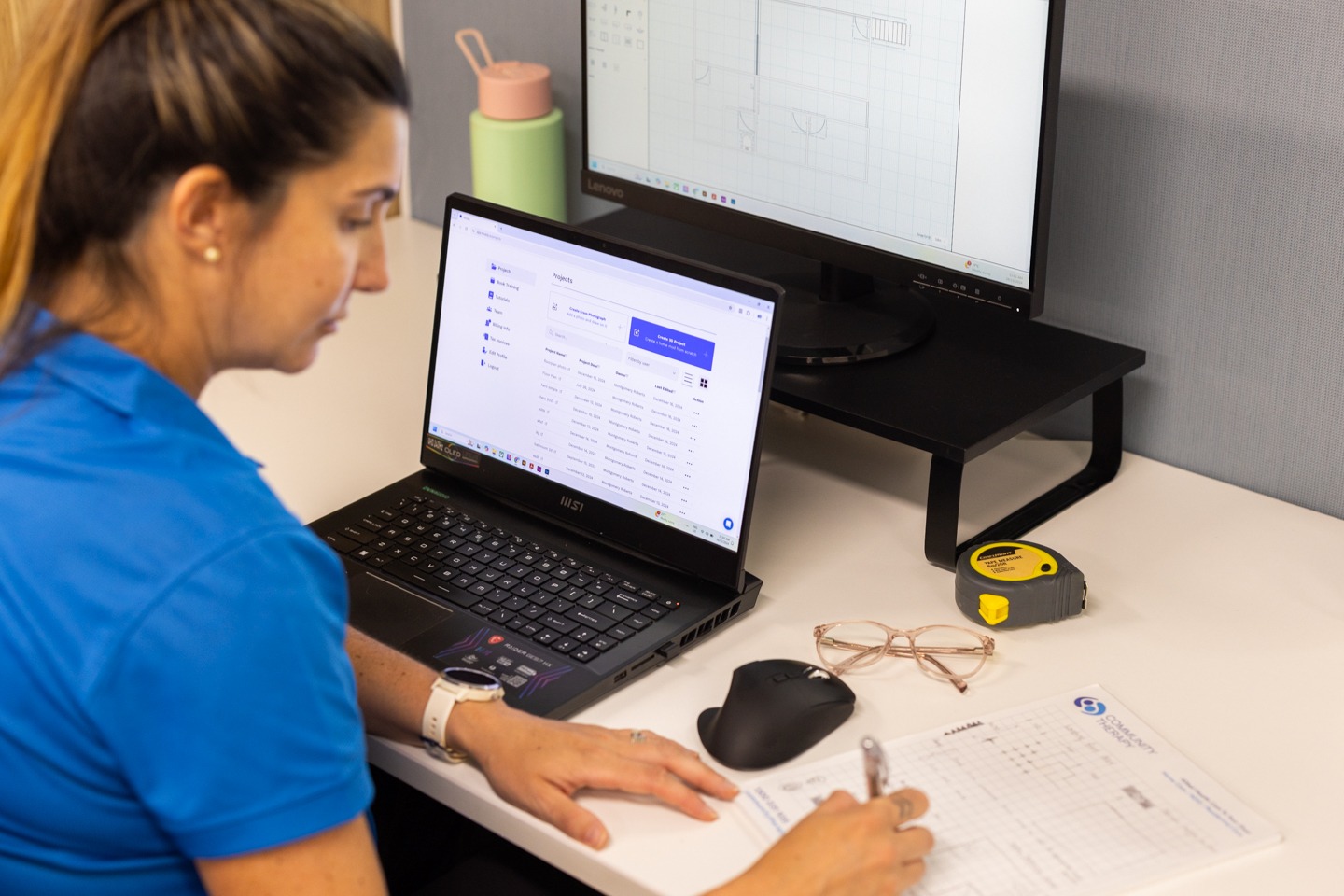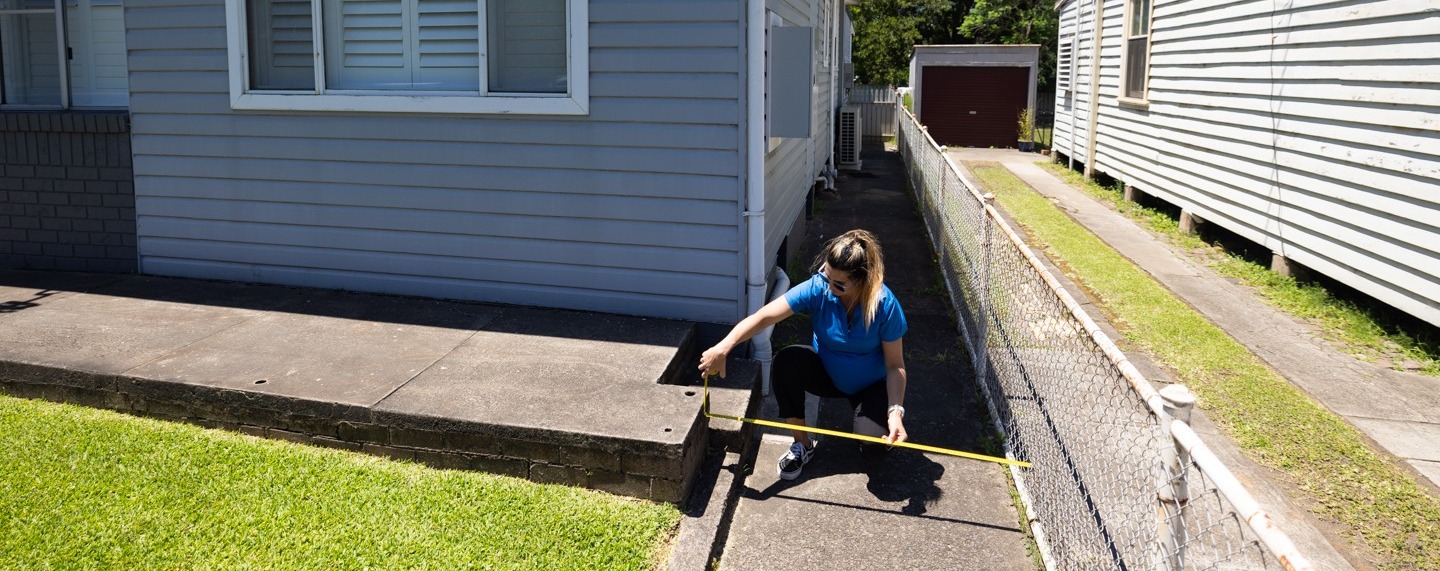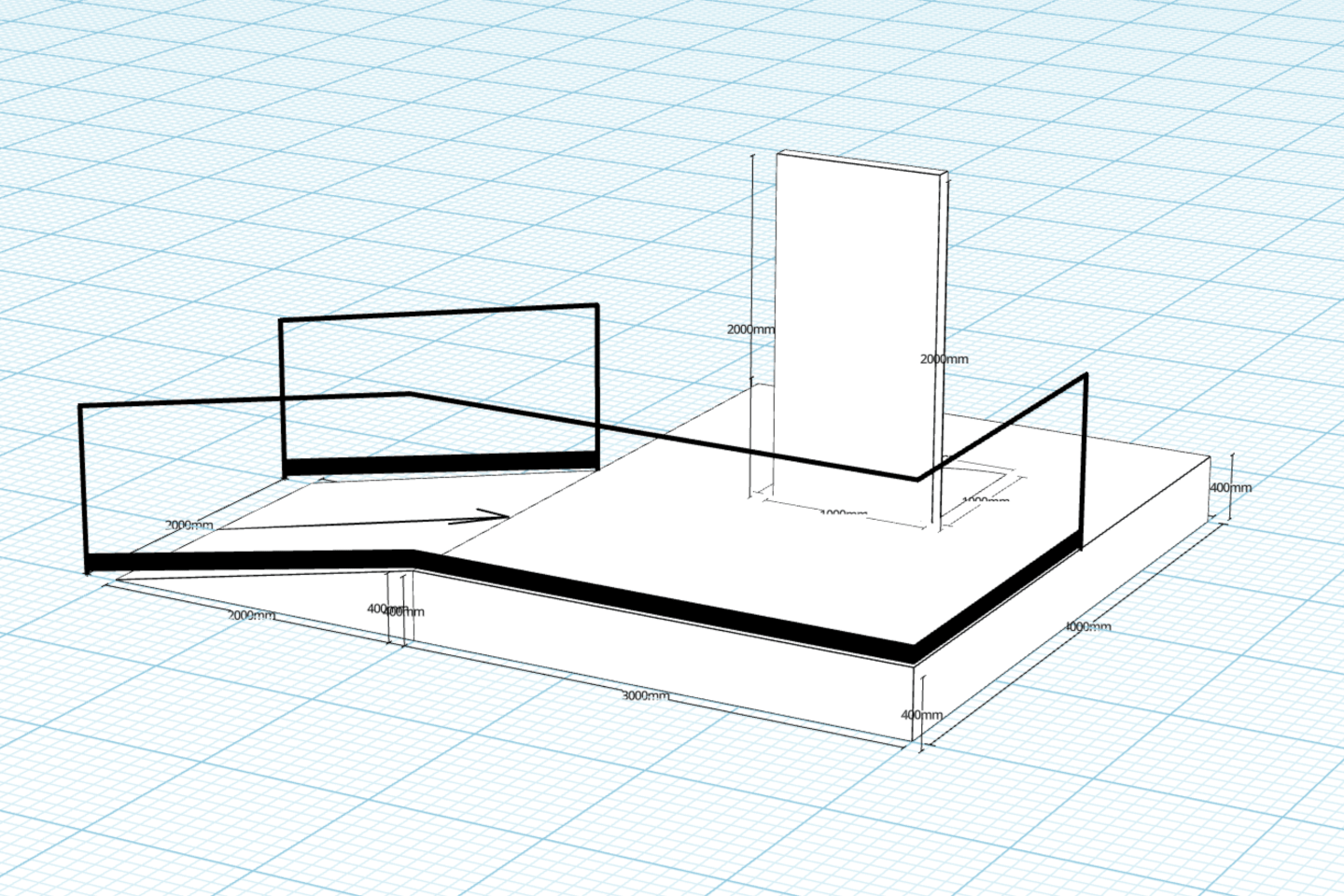Need a highly curated OT functional assessment template? Download below.
A Functional Assessment or synonymously referred to as a Functional Capacity Assessment is a comprehensive assessment of a person’s life.
Moddy is passionate about high-quality assessments being performed, so we have created an OT Functional Assessment Template for Occupational Therapists to download, edit and use when completing Functional Assessments.
In Australia, it is quite common for a Functional Assessment to be requested by, or on behalf of an NDIS Participant.

Download OT Functional Report Template
Download our OT report template now.
Occupational Therapy Functional Assessment Template
It is important (with any type of assessment) to have a standardised report template.
A standardised report template enables an Occupational Therapist to accurately document their findings in an efficient and professional manner.

At Moddy, we recommend downloading our template, and then keeping a Version Control System (VCS) to maintain a log of who is updating the document and why.
You are free to edit this document and change it as you see fit.
Information Found Within OT Functional Assessment Templates
A Functional Assessment template will contain many different sections.
What is contained in the template should be related to the requirements of the assessment and outcomes of the report.
Our Occupational Therapy Functional Assessment Template will document a persons:
- Activities of Daily Living (ADLs) such as personal care, meal preparation and maintenance of their home
- Their environment and peripheral aspects of their life
- Review of formal and informal supports
A report can also cover employment, social engagement, transport, through to medical information, such as their medication history, their medical conditions, cognition and communication status, through to what types of equipment and home modifications they may have or may need.
About This Resource

The Occupational Therapy Functional Assessment template that we have compiled is comprehensive, addressing all activities of daily living, environmental considerations, equipment considerations, and much more.
You are free to download this resource and edit it as you please.
It has been compiled after gaining feedback and example templates from our partner Occupational Therapy organisations that engage with and use Moddy.
We have received feedback from our partners that our template is professional and appropriate to document Occupational Therapy functional capacity assessments.
Assessment Templates Used in Australian Funding Schemes
This template can be used for a variety of different funding schemes, such as the NDIS, DVA, homecare and STRC schemes.
A Functional Assessment or Functional Capacity Assessment has become standard vernacular when supporting a NDIS participant (a person living with a disability, who has funding under the National Disability Insurance Scheme).

The NDIS is the most prevalent scheme in Australia to support people living with disabilities, as such, this Occupational Therapy Assessment Template can be customised (in terms of its written content) to be appropriate for submission to the NDIA.
This is a large topic to discuss, and Moddy has a wealth of information to share. Please also view our NDIS Occupational Therapy Report Template page.
Broadly speaking, a Functional Assessment can be completed for any person and can be completed to determine what sort of support, equipment, and modifications are required to help them to live a normal life.
Types of Clinicians that Perform Functional Assessments
Typically, an Occupational Therapist is the Allied Health professional who is required to complete a Functional Assessment.

At times, other Allied Health professionals, such as Physiotherapists may be required to complete a Functional Assessment.
However, this is typically in regional or rural areas, where there is decreased access to Occupational Therapy supports.
Why Do People Require OT Functional Assessments?
A Functional Assessment provides a holistic and comprehensive view of a person’s functional capacity across all domains of the life.
An Occupational Therapist is the Allied health professional with the broadest scope of practice (across ADLs, equipment and environment) to provide a comprehensive Functional Assessment.
The outcome of these types of reports can have a significant impact on someone’s life, and likely change the course of their life for the better.
A Functional Assessment Report can also include recommendations for supports, services and interventions that will further improve a person’s life.
The Process to Complete a Functional Assessment Report
An Occupational Therapist will complete an initial assessment in person (usually at a person’s home) which may last several hours.
As mentioned, all aspects of a person’s life, equipment and environment are assessed and discussed.

Objective measures and questionnaires are completed before, during or after the assessment.
Following this, a comprehensive Functional Assessment Report will be compiled by the Occupational Therapist and discussed with the person and/or those that are supporting them.
Following the Functional Assessment, further interventions may then take place, such as assessments of home modifications or trials of equipment.
Time to Complete the Occupational Therapy Functional Assessment Template
The number of hours required to complete an Occupational Therapy Functional Assessment can vary, depending on the complexity of the request.
However, it is quite common for this to take between 5-10 hours for an Occupational Therapist to:
- Complete an in-person assessment
- Compile additional data, such as objective measures, questionnaires, equipment comparisons or home modification plans
- Complete the comprehensive report
Importantly, there may be additional tasks that are identified (such as the ongoing management of complex home modifications) which will mean that multiple service types will be delivered in addition to the report.
How Assessments May Be Used By Other Allied Health Providers
An Occupational Therapy Functional Assessment report will often be utilised by a multidisciplinary care team, namely other Allied Health professionals.

The purpose of collaboration is to identify common care needs that require interventions or recommendations from other Allied Healthcare providers.
An example Occupational Therapy Functional Assessment, determining that a identified care need is falls prevention and management, and there may be Occupational Therapy specific recommendations in the Functional Assessment.
However, there may be also a recommendation for Physiotherapy or Exercise Physiology engagement to develop an evidence-based falls prevention exercise program. That recommendation may have been the specific reason that a referral was triggered to one of those Allied Health professions.
Relationship with Home Modifications
An Occupational Therapy Functional Assessment can be one of the first assessments by an Allied Health professional that a person living with a disability has.
Therefore, it can be the first time that somebody has had a skilled Allied Health professional identify care needs that may require additional support.

One of those care needs may be environmental modifications to their home to increase their independence or their safety.
Therefore, a Functional Assessment and report may lead to further work with an Occupational Therapist to assess for and prescribe, home modifications, in unison with builders and suppliers.
Outcomes from Occupational Therapy Functional Assessments
An Occupational Therapy Functional Assessment will have a comprehensive list of recommendations for the person and their supporters to consider.
There can be many outcomes from an Functional Assessment, depending on what the person or their supporters has consented to move forward with.

Some of those outcomes could be:
- New therapy services to build skills or functional capacity (such as Physiotherapy, to build strength and balance)
- New supports such as community transport, to be able to access social engagement activities, home modification consultation
- Assistive Technology equipment trials
Follow Up Support
Following the completion of an Occupational therapy Functional Assessment and report, this report is typically provided to the person or those that they have consented to it being provided to.
Follow-up support may be discussing the findings of the assessment and associated recommendations, and working on a plan to move forward with those recommendations.
This can be follow-up phone calls, video calls and, of course, additional visits, either at the person’s home or in the clinic of an Occupational Therapist.
Tips for Writing Quality OT Functional Assessment Reports
One of the most important tips for being able to write a quality report is to have a template that is easy to access and complete.

Following that, another tip to consider is ensuring that the Occupational Therapist is able to fill out much of the report during an assessment. This decreases the need to rely on memory and improves the accuracy of the findings during the assessment.
If an Occupational Therapist is completing visits in the community at people’s homes, it is important to know the internet connection status of that region, and have associated offline access enabled for either the practice management software or documentation program.
How Moddy Helps Occupational Therapists Improve Their Reports

One of the outcomes of an Occupational Therapy Functional Assessment can be the requirement to complete assessments and prescriptions for both minor and major home modifications.
- Moddy is an easy-to-use, accurate home modification drawing software.
- Our prices are reasonable and no lock-in contracts
- Our product was made with Occupational Therapists
- We offer 1:1 support
Please use the signup below, or contact us for bulk enrolment discounts and support.


